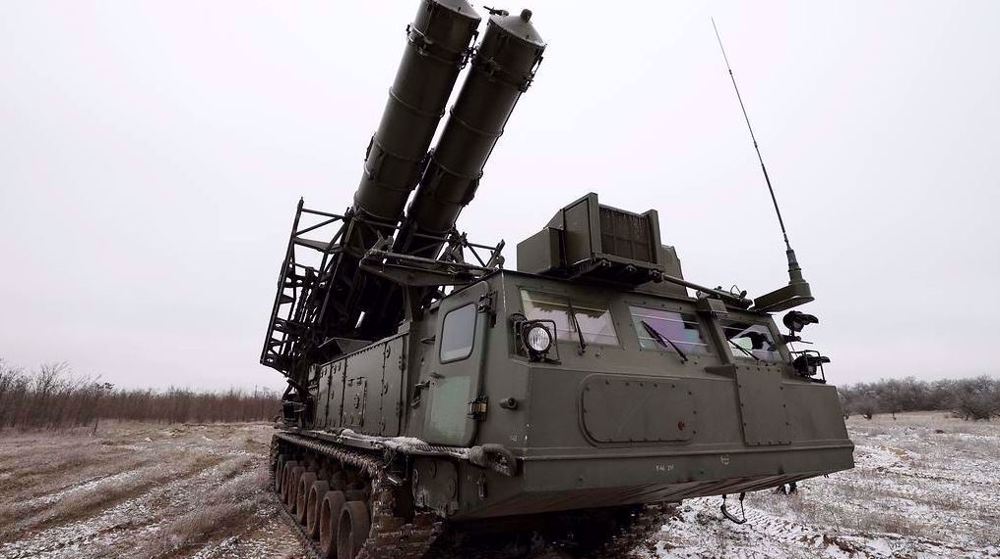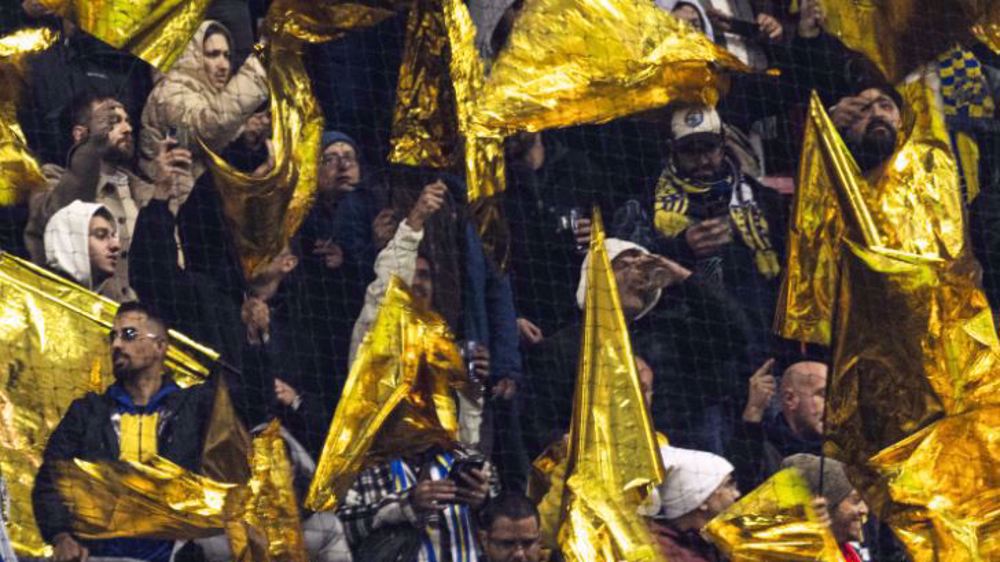Pro-Russian politician wins first round of Bulgaria election
Bulgaria’s opposition candidate, Rumen Radev, who has urged the European Union to lift sanctions against Russia, has won the first round of the country’s presidential election.
Radev from the opposition Bulgarian Socialist Party (BSP) won 25.7 percent of the vote while Tsetska Tsacheva from the ruling Citizens for European Development of Bulgaria (GERB) scored only 22 percent, official results showed.
The country's presidential election will go to a run-off on November 13 as neither of the two secured an overall majority.
Bulgaria's presidency is a largely ceremonial post, but the president is still a respected figure with some powers such as influencing policy, vetoing legislation and signing international treaties.
According to the results, the 53-year-old Radev’s chances to win in the run-off are high, a result that could repair Bulgaria’s relations with Russia.
Bulgaria, once a loyal Russian ally, had been tilting away from Moscow and closer to the West under the incumbent government. It became a NATO member in 2004.
This is while Bulgaria is almost entirely dependent on Russia for energy supplies, and many Bulgarians feel culturally attached to their Black Sea neighbor.

Radev, who has called for an end to EU sanctions imposed against Russia over Ukraine, vowed to comply with Bulgaria's European obligations if he is elected, noting that "being pro-European does not mean being anti-Russian."
"In their frustration, my rivals are turning into fear-mongers," he said. "For them, the Euro-Atlantic mantra also means (being an) enemy of Russia. For me, this is an unhealthy position."
The former air force officer also pledged not to let Bulgaria “turn into Europe's migrant ghetto" amid Bulgarians' fears of a refugee influx.
The results dealt a blow to Prime Minister Boiko Borisov who said he would quit and call early elections if Tsacheva lost.
Tsacheva, who wants to become Bulgaria's first female president, once again expressed her concern over the victory of Radev in the run-off, saying it could negatively affect the country's relations with its EU and NATO allies.
"There are two options - to allow Bulgaria slide back into its dark past of ideological lies and submission to foreign interests or ... to make sure that Bulgaria stays where it belongs, among free European countries," she said.
VIDEO | Jordanians condemn Israel’s ban on UNRWA activities in occupied Palestine
VIDEO | Million-man march held in Yemen in support of Gaza, Lebanon
Iran says resolved to ‘legally’ pursue Gen. Soleimani assassination case
VIDEO | Outraged over Gaza genocide, Iraqi protesters burn Israel, US and UK flags
Far-right German party calls for UN probe into ‘Berlin’s role’ in Nord Stream blasts
Trump’s ‘Make America Great Again’ shows US debilitated, desperate: Fmr. IRGC chief
Jordan rage: Protesters blast Israel’s genocide in Gaza, carnage in Lebanon
Pentagon official says ‘shocked’ by Yemen’s firepower, arsenal










 This makes it easy to access the Press TV website
This makes it easy to access the Press TV website